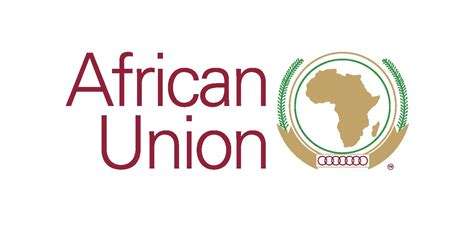The African Union (AU) has announced a landmark $30 billion aviation infrastructure programme aimed at modernising airports and airspace management systems across the continent over the next decade.
According to a report, the initiative seeks to enhance safety, efficiency, and sustainability within Africa’s rapidly expanding aviation sector. The project will focus on three main areas:
- $10 billion for airport modernisation and expansion,
- $8 billion for upgrading communication, navigation, and meteorological systems, and
- $12 billion for institutional reforms, regulatory improvements, and investment mobilisation.
The AU said the programme is designed to meet the projected surge in passenger traffic, which is expected to grow from about 160 million in 2024 to nearly 500 million by 2050, based on forecasts by the AU, African Civil Aviation Commission (AFCAC), International Civil Aviation Organization (ICAO), and the World Bank.
Funding for the initiative will be sourced from both public and private sectors, with an estimated $10 billion expected from public coffers and $20 billion from private investors, institutional financiers, and development partners.
The AU plans to integrate digital and environmentally friendly aviation technologies, including Airport Collaborative Decision-Making (A-CDM) systems, System-Wide Information Management (SWIM), and renewable energy solutions for airport operations. These measures aim to improve efficiency, reduce flight delays, and align with global efforts to decarbonise aviation.
Implementation and Challenges
While the investment represents one of the largest ever commitments to African aviation infrastructure, analysts warn that success will depend on strong governance, transparent project execution, and coordination among member states. Mobilising the private capital required and harmonising regulations across diverse jurisdictions remain key hurdles.




